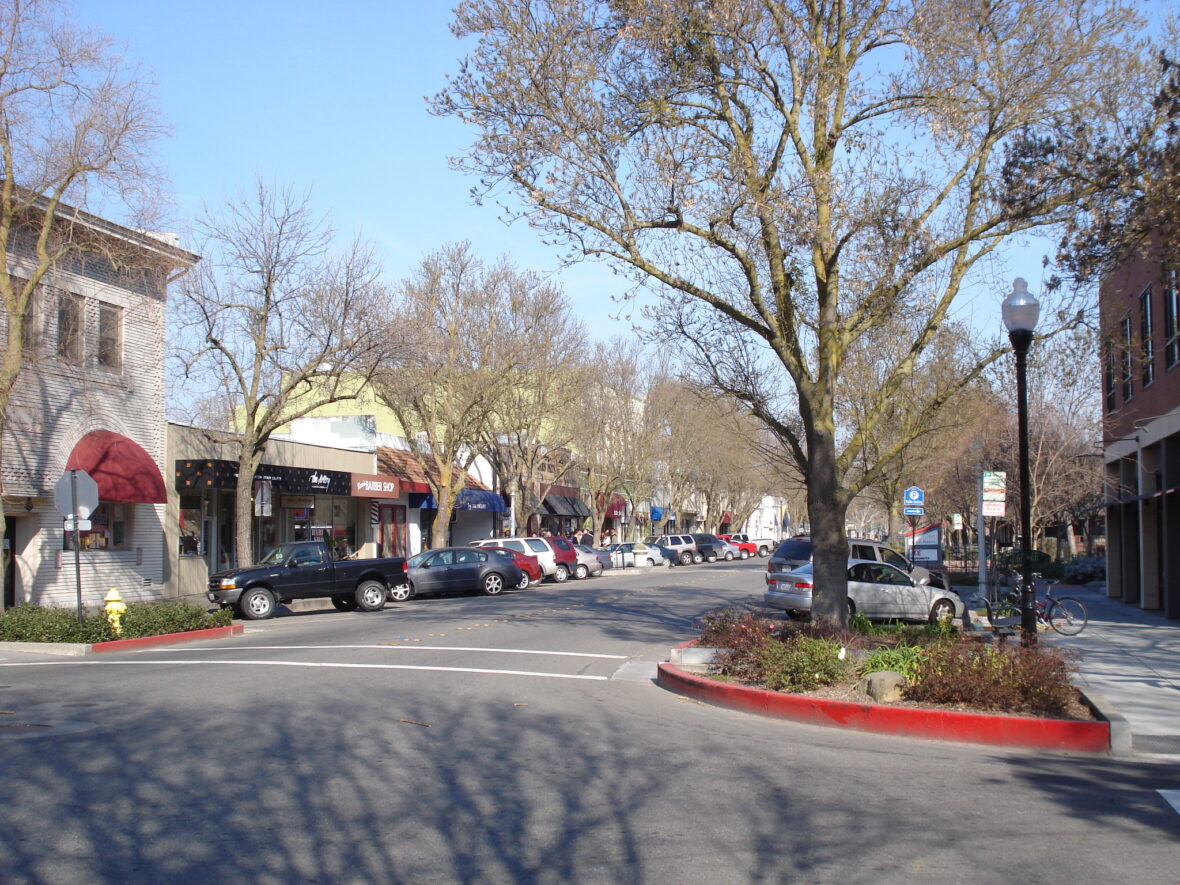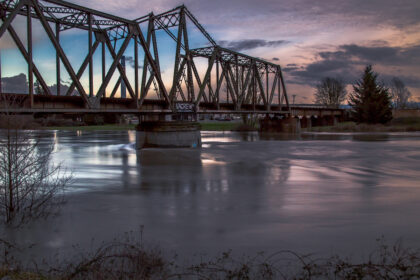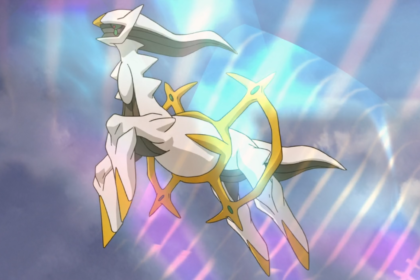Davis, known prior to 1907 as Davisville, is a city in the U.S. state of California and the most populous city in Yolo County. Take a look below for 20 fun and awesome facts about Davis, California, United States.
1. It had a population of 65,622 in 2010, not including the on-campus population of the University of California, Davis, which was over 9,400 (not including students’ families) in 2016.
2. As of 2019, there were 38,369 students enrolled at the university.
3. Davis sits on land that originally belonged to the Indigenous Patwin, a southern branch of Wintun people, who were killed or forced from their lands by the 1830s as part of the California Genocide through a combination of mass murders, smallpox and other diseases, and both Mexican and American systems of Indigenous slavery.
4. Patwin burial grounds have been found across Davis, including on the site of the UC Davis Mondavi Center.
5. After the killing and expulsion of the Patwin, territory that eventually became Davis emerged from one of California’s most complicated, corrupt land grants, Laguna de Santos Callé.
6. The 1852 Land Commission concurred with US Attorneys who argued that the grant was “fraudulent in all its parts,” and in his 1860 District Court ruling Justice Ogden Hoffman observed that “It is impossible to contemplate without disgust the series of perjuries which compose the record” of the land grant.
7. Nevertheless, Jerome C. Davis, a prominent farmer and one of the early claimants to land in Laguna de Santos Callé, lobbied all the way to the United States Congress in order to retain the land that eventually became Davis.
8. Davis became a depot on the Southern Pacific Railroad in 1868, when it was named “Davisville” after Jerome C. Davis.
9. However, the post office at Davisville shortened the town name to “Davis” in 1907. The name stuck, and the city of Davis was incorporated on March 28, 1917.
10. From its inception as a farming community, Davis is known primarily for its contributions to agricultural policy along with veterinary care and animal husbandry.
11. Following the passage of the University Farm Bill in 1905 by the California State Legislature, Governor George Pardee selected Davis out of 50 other sites as the future home to the University of California’s University Farm, officially opening to students in 1908.
12. The farm, later renamed the Northern Branch of the College of Agriculture in 1922, was upgraded to become the seventh UC general campus, the University of California, Davis, in 1959.
13. Bicycling has been one of the most popular modes of transportation in Davis for decades, particularly among school-age children and UC Davis students. In 2010, Davis became the new home of the United States Bicycling Hall of Fame.
14. Bicycle infrastructure became a political issue in the 1960s, culminating in the election of a pro-bicycle majority to the City Council in 1966.
15. By the early 1970s, Davis became a pioneer in the implementation of cycling facilities. As the city expands, new facilities are usually mandated. As a result, Davis residents today enjoy an extensive network of bike lanes, bike paths, and grade-separated bicycle crossings.
16. The flat terrain and temperate climate are also conducive to bicycling.
17. In 2005 the Bicycle-Friendly Community program of the League of American Bicyclists recognized Davis as the first Platinum Level city in the US In March 2006, Bicycling Magazine named Davis the best small town for cycling in its compilation of “America’s Best Biking Cities.”
18. Bicycling appears to be declining among Davis residents: from 1990 to 2000, the US Census Bureau reported a decline in the fraction of commuters traveling by bicycle, from 22 percent to 15 percent.
19. This resulted in the reestablishment of the city’s Bicycle Advisory Commission and creation of advocate groups such as “Davis Bicycles!”. In 2016, Fifth Street, a main road in Davis was converted from four lanes to two lanes to allow for bicycle lanes and encourage more bicycling.
20. In 1996, 2001, 2006, and 2009 the UC Davis “Cal Aggie Cycling” Team won the national road cycling competition.




